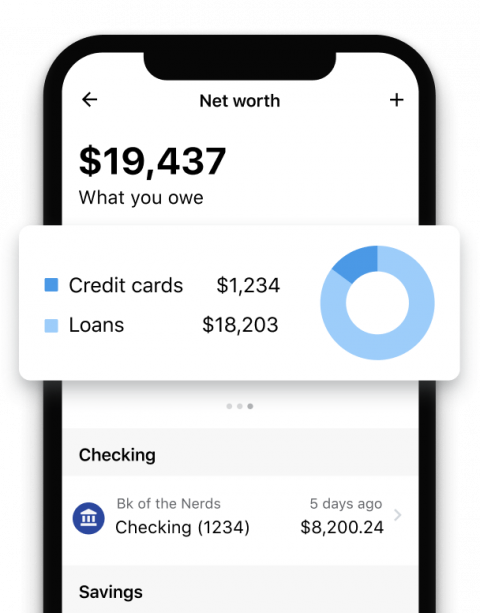What Is a Debt Collector?

Many or all of the products featured here are from our partners who compensate us. This influences which products we write about and where and how the product appears on a page. However, this does not influence our evaluations. Our opinions are our own. Here is a list of our partners and here's how we make money.
What is a debt collector?
A debt collector is a person, agency or company responsible for collecting money owed, usually on a past-due account.
You might see debt collectors referred to as creditors, first-party debt collectors, third-party debt collectors, debt buyers or collection attorneys, according to the National Consumer Law Center’s "Fair Debt Collection."
What’s the difference between a first- and third-party debt collector?
First-party collectors are the original creditors that seek repayment on debts owed directly to them. Examples include banks and credit card issuers. Say, you don’t pay a credit card bill for one or more billing cycles. A representative of that card issuer’s collection department may reach out to request payment.
When a debt goes unpaid for several months, the original creditor will often sell it to an outside agency. The buyer is known as a third-party debt collector.
The Fair Debt Collection Practices Act, which sets rules for consumer debt collection, generally applies to third-party collectors only.
What is a collection agency?
"Collection agency" is another term used to describe third-party debt collectors. These agencies are companies that specialize in recovering unpaid debt in collections. Creditors usually offload collection efforts onto agencies after unsuccessfully trying to get debt payments themselves. Selling uncollected debt to third-party agencies allows the creditor to recoup at least some of the cost. For similar reasons, a collection agency may end up reselling the debt to another agency.
What does a debt collector do?
A debt collector’s job is to notify people about their debts in collections and attempt to gather payments. Collectors may contact you through the mail, by phone or through electronic means of communication such as email, text and social media messages.
The FDCPA legally determines what debt collectors can and can’t do. For example, they must tell you the amount of the debt owed, share information about your rights and explain how to dispute the debt. They can also sue you for payment on a debt as long as the statute of limitations on it hasn’t expired.
But collectors can’t threaten you, harass you or lie about how much you owe.

What should you do if a debt collector contacts you?
Knowing what rights the FDCPA and your state’s laws give consumers can help you deal with debt collectors. If a debt collector contacts you, do your due diligence to verify that the debt and collector are legitimate. A real debt collector should send you a validation notice with information you can use to confirm whether the details are correct. If the person refuses to share this information, they’re likely a scammer. Learn more about how to spot debt collection scams.
You can ask a collector to stop contacting you and dispute the debt if you think it’s inaccurate. If you do in fact owe the debt, there are three basic ways to pay it off: agree to a payment plan, wipe it out with a single payment or negotiate a settlement. Weigh the pros and cons of each option to find the solution that’s best for you.
Report scams and abusive collection practices to the Consumer Financial Protection Bureau, the Federal Trade Commission or your state attorney general’s office.

